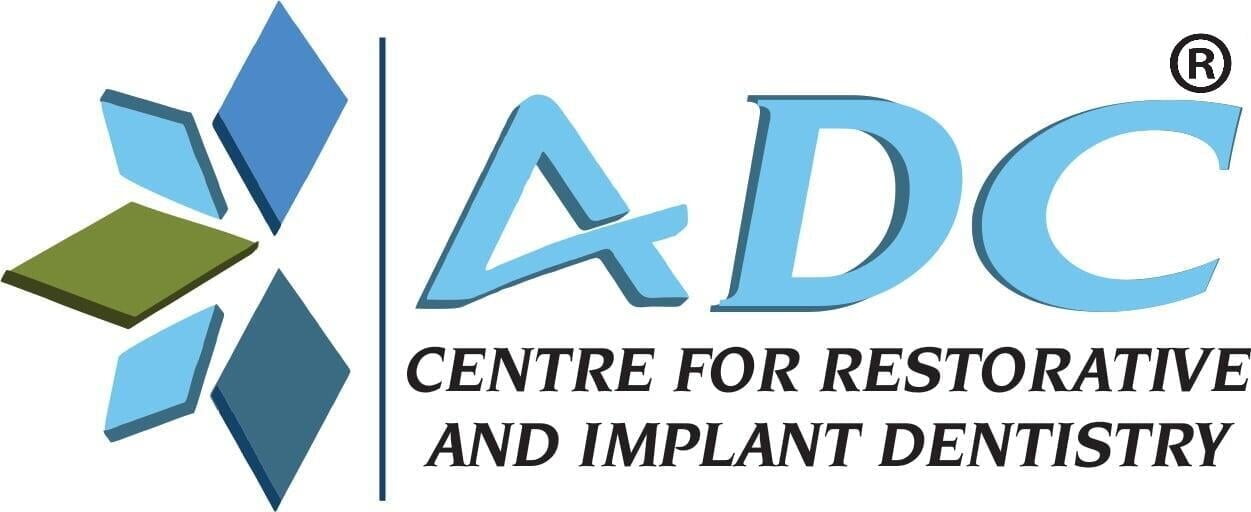
Antibiotics- How do they Work?
Antibiotics often treat bacteria in two ways:
- Bactericidal antibiotics kill bacteria by killing their cells.
- Others referred to as bacteriostatic agents, halt the growth and reproduction of bacteria.
For instance, bacterial cell walls break down due to bactericidal antibiotics like Amoxicillin. Bacterial cell death results from this. These antibiotics begin to work immediately after they are taken. Ensure that you take Antibiotics at the appropriate and prescribed times such as once every twelve hours or eight hours. This is done to ensure that the medicinal effect of antibiotic are dispersed evenly throughout the day. If you forget to take your Antibiotic on time, do so as soon as you remember. If your next dose is approaching within next 2 hours, skip the one and take your next dose as scheduled. Never double up on a anti-biotic dose to make up for a missed dose.
Antibiotics- How to take them Safely?
- Adhere to Label's Instructions: While taking antibiotics, always adhere to the label's instructions and get advise from your doctor on how to do safely. Inquire about the side effects of the antibiotic prescribed.
- Take Antibiotic as Prescribed: Only water should be used to consume some antibiotics. The dose should not be taken empty stomach to enhance absorption, prevent adverse effects.
- Take Complete Dosage as Prescribed: Even if your symptoms disappear, you should take the antibiotics as prescribed for recommended duration. If you stop taking antibiotic in middle of the treatment, the infection can persist and bacteria might develop resistance.
- Avoid Milk and Dairy Products: Avoid taking coffee, milk, cheese, tea and other dairy products at-least 2-3 hours before taking Antibiotic. Calcium in the milk products often binds with the Antibiotics and thus reduces the efficacy of the antibiotic dose taken.
- Avoid Drinking Alcohol: Taking Alcohol with Antibiotics can have negative side effects. These might consist of flushing, headaches, vomiting, nausea, rapid heart rate etc.
- Take a Pro-Biotic: Many antibiotics can result in diarrhoea or soft stools. This is because antibiotics may un-intentionally kill good bacteria leading to disturbance in the delicate balance of micro-organisms in your gut. According to studies, persons who use pro-biotics have 42% lower risk of getting diarrhoea. Consuming probiotic foods such as Yoghurt and Sauerkraut may also be beneficial.
- Don't Give others your Antibiotics: Antibiotics prescribed for someone else should not be taken. This could hamper the medical care, make you sick, lead to drug resistance or have other impacts.
Side Affects and Adverse Reactions
While using antibiotics, a person can encounter some adverse effects, which are enumerated as follows:
- Digestive Issues: The following are possible digestive symptoms.
- Fungal Infections: The over use and abuse of antibiotics disturbs the body's natural flora and balance. This might result in the fungal (candida) infection of mouth or gastro-intestinal system. Thrush is another name for candidiasis that affects the mouth and throat which might include : White patches on the tongue, cheeks, tongue, or roof of the mouth, discomfort when swallowing or eating , bleeding while brushing teeth.
Interaction with other Drugs: Some medications or supplements interact and react with each other. People should constantly discuss newly given drugs with their doctor or pharmacist to help prevent antibiotic-drug interactions. Drug interactions might cause side effects, some are minor or some potentially fatal ones. Some of the warning indications include:Feeling queasy, Feeling extremely worn out or energised
Photosensitivity: Antibiotics are among the drugs that make the skin more susceptible to sunlight. The medical term for this is photosensitivity. Symptoms of photosensitivity include: skin discolouration resembling the results of a sunburn, inflammation, itching, blisters with hive-like symptoms, dry areas. Anyone taking antibiotics and developing severe sun sensitivity should consult a physician.
Staining: Use of some antibiotics such as tetracyclines can lead to staining of skin, nails, teeth and bones.
Mood Disorder and Anxiety: Penicillin and other medications in the fluoroquinolone family and fluoroquinolones themselves have been associated with anxiety and depression. According to a study published in year 2015, Journal of Clinical Psychiatry, increased use of antibiotics is associated with anxiety and depression. The researchers hypothesise that antibiotics alter body's microbiome, which may impact immunity, neuronal pathways and metabolism, all of which may impact a person's mental health.
Join the movement #paperless
Going Paperless can help save the Earth from climate change and biodiversity loss. It is a big task, but we know we can do it together. Get Help in going Paperless.
Medical Disclaimer:
The content of ADC-Centre for Restorative and Implant Dentistry's Blog/website is for information only, not advice or guarantee of any outcome. Information is gathered and shared from reputable sources; however, ADC-Centre for Restorative and Implant Dentistry is not responsible for errors or omissions in reporting or explanation. No individuals, including those under our active care, should use the information, resources or tools contained within to self-diagnosis or self-treat any health-related condition. ADC-Centre for Restorative and Implant Dentistry gives no assurance or warranty regarding the accuracy, timeliness or applicability or the content.
ADC-Centre for Restorative and Implant Dentistry accepts no liability for errors, inaccuracies, omission, or misleading statements. ADC-Centre for Restorative and Implant Dentistry excludes liability for any losses, demands, claims or damages of any kind regarding information, content, or services at this blog/website. The information may be updated at any time, especially as medical/dental discoveries and research evolves regarding the dentistry and its conditions. At no time does ADC-Centre for Restorative and Implant Dentistry take any responsibility for any action taken or care chosen in reliance on information contained in this blog or this website.















